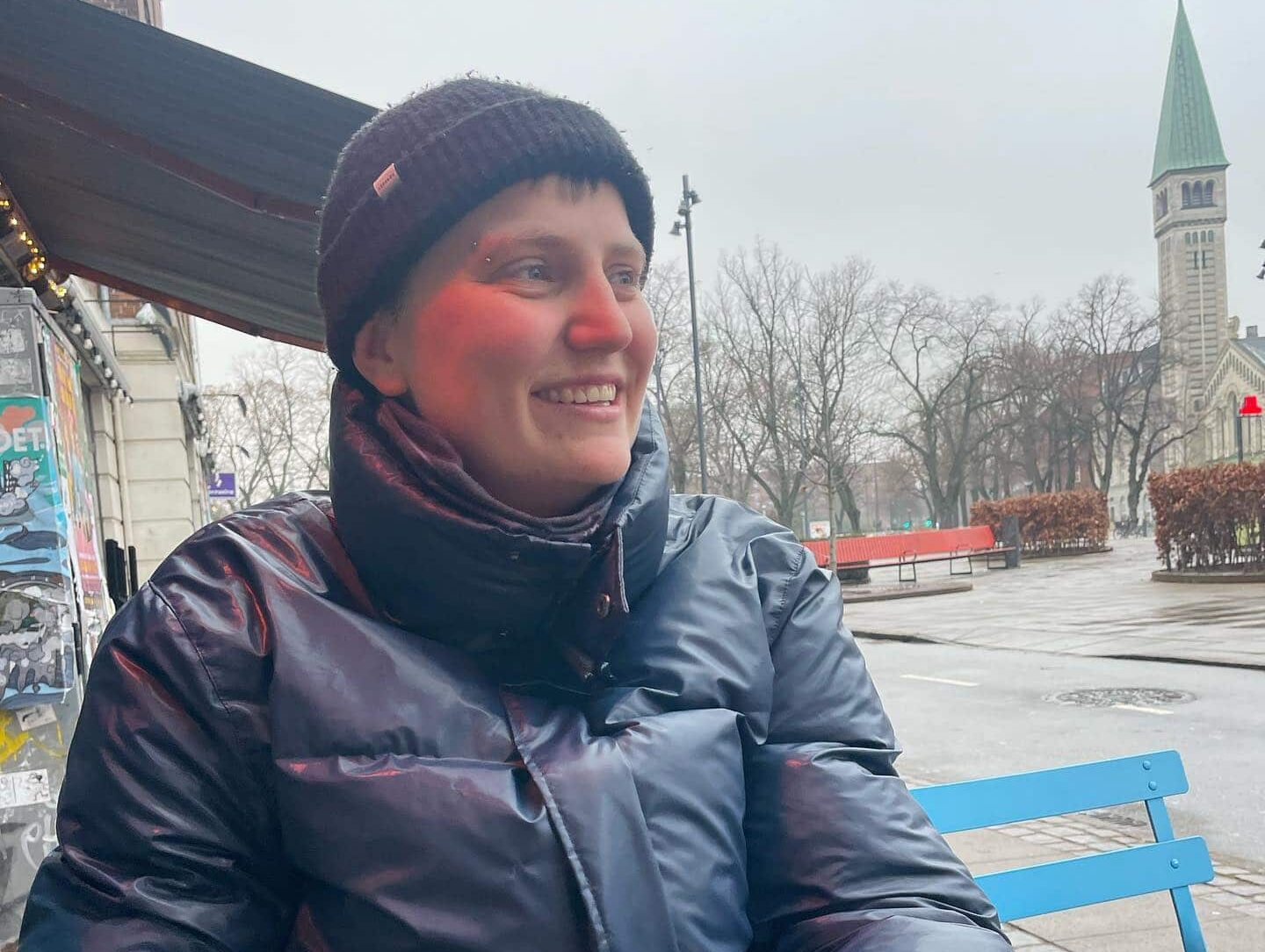Milo Kinnock, 22, came out as trans and said he’s ‘ready to fight’ for his community. (Instagram/MiloKinnock)
Former Labour leader Lord Neil Kinnock’s grandson has come out as non-binary, and been welcomed by his family.
“It just felt just right to me… and it has really given me a lot of freedom,” Milo Kinnock, 22, told Danish TV channel DR1. “I am so lucky to have a lot of friends, a partner and my family who support me and have always backed me up on everything.”
In an Instagram post, Milo added: “Trans and non-binary folks are still being discriminated against, and queer people of colour are particularly marginalised and disadvantaged.
“I’m grateful that I’m able to speak up – especially on mainstream television. Very few have that privilege, and I’m ready to join the fight.”
Milo is the son of former Danish prime minister Helle Thorning-Schmidt and current Labour MP Stephen Kinnock, a Welsh politician who has represented Aberavon since 2015 and is currently the shadow immigration minister.
Speaking to the Daily Mail about his grandson coming out as trans, Lord Kinnock said: “Milo is a beloved grandchild with a great personality and strong, mature judgment. We’re a very close family who cherish him and wish him all the best.”
The rest of the family also strongly support Milo’s transition, with his dad saying: “Helle and I are very proud of the way in which Milo has spoken out about being non-binary and using the pronoun he/him.
“It takes real courage to go on the journey that Milo’s been on, and by talking about it so publicly he’s helped many others who are having similar experiences to discuss it more openly with their families and friends.”
Being trans and non-binary in the UK
While thankfully more and more trans and non-binary people who come out are supported by their families, like Milo, the situation for trans and non-binary people in the UK at the moment is bleak.
Reports of homophobic hate crimes have risen by 210 per cent over the last six years, according to Vice World News, while reports of transphobic hate crimes rose by 332 per cent in the same period.
This figure is likely to be an underestimate – research into trans hate crimes by LGBT+ anti-violence charity Galop last year found that just one in seven trans people who experience a transphobic attack – be it physical, verbal, sexual or online – report it to the police.
Seventy per cent said this was because they felt that the police could not help them. A third said they expected the police to be transphobic, while another third said they experienced too many transphobic incidents to be able to report them all.
And a report by trans-led organisation TransActual found that 67 per cent of trans women, 63 per cent of non-binary people and 60 per cent of trans men have experienced transphobia on public transport in the UK. This figure rises to 75 per cent of Black trans people and trans people of colour (BPOC), and 70 per cent of disabled trans people.
Meanwhile, seven per cent of BPOC experience transphobia “every time” they take public transport, compared with one per cent of white trans people.
Similarly high numbers of trans people have been subjected to transphobic street harassment from strangers: 85 per cent of trans women, 73 per cent of non-binary people and 71 per cent of trans men.
